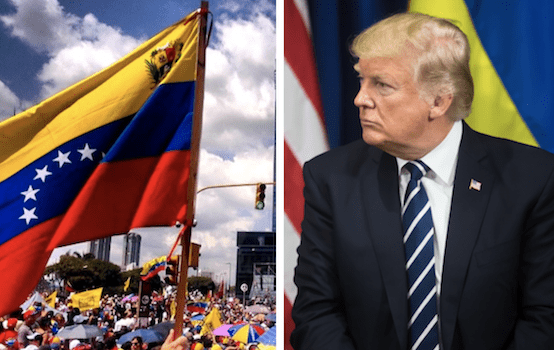Fetishizing ‘Strength’ in Foreign Policy Is Weakness

Trump wants us to think that his foreign policy will be even worse and more aggressive now that Bolton is gone:
In fact, my views on Venezuela, and especially Cuba, were far stronger than those of John Bolton. He was holding me back! https://t.co/FUGc02xiac
— Donald J. Trump (@realDonaldTrump) September 12, 2019
I assume that the president is mostly engaged in empty posturing here, but the fact that he felt the need to say this and to echo Rubio’s claims is telling. The president fetishizes looking “strong” and “tough,” and so now that he has fired his most fanatical adviser he feels compelled to overcompensate for Bolton’s departure by sounding even more reckless. No one really believes that Trump’s views on Venezuela and Cuba are more hard-line than Bolton’s, but Trump thinks he has to say they are because he is afraid of appearing “weak” in front of Republican hard-liners. Of course, the preoccupation with looking “strong” is itself evidence of weakness, and framing foreign policy issues in such crude terms is another example of the president’s narrow, zero-sum view of international relations. It is Trump’s need to appear “strong” that causes him to surround himself with hard-liners on the mistaken assumption that recklessness and aggression are the same as strength, and that is why he keeps listening to people like Rubio despite the fact that the policies they recommend always fail.
It is always possible that Trump will think that he has to be more aggressive now that Bolton is gone, and the GOP is overflowing with ideologues and zealots that are only too happy to egg him on in this direction. The president should understand that indulging these people will squander the opportunity to repair some of the damage he has caused, and that in turn will contribute to his political defeat.